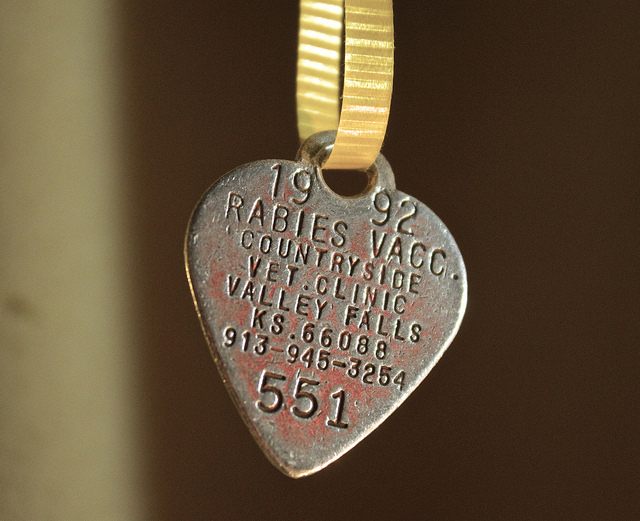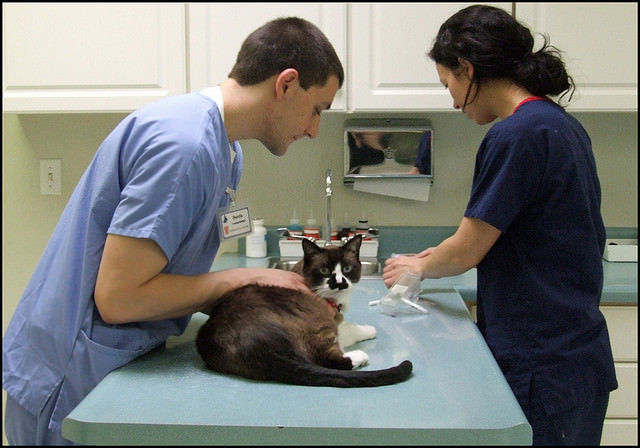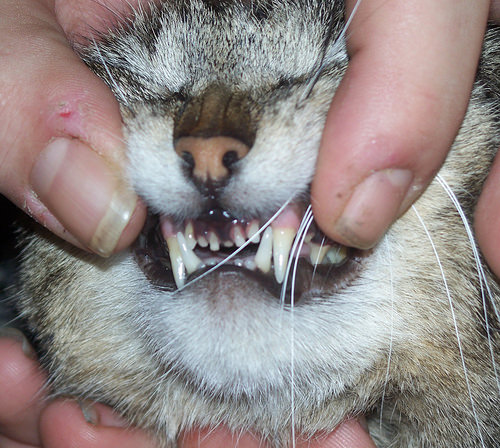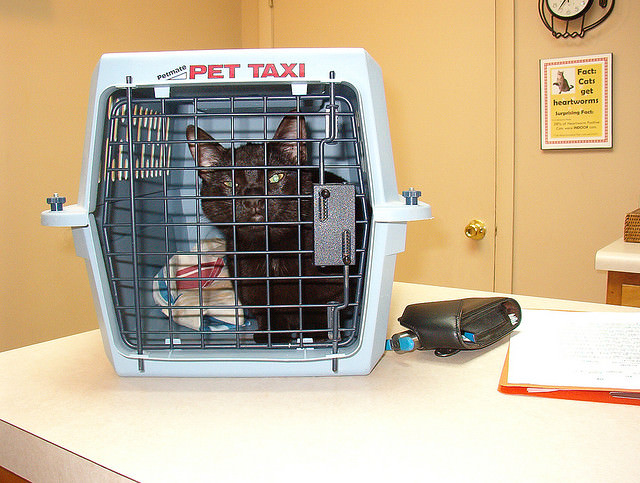Cats are strong and resilient creatures, not one to let you know when something is ailing them. We may think our cat is in perfect health because they are not expressing any pains, but without routine vet visits we would never know. Brent Lotz, a Vet Assistant at Berry Hill Veterinary Center, gives the following reasons for taking your kitty in at least twice a year.
#1 – Vaccinations
To keep your cat healthy, he needs to be up to date on his vaccines, especially if he is indoor/outdoor. Talk to your vet about setting up the right vaccine schedule for you. Even if you don’t vaccinate, your kitty will need regular Titer tests.

#2 – Establish a Baseline
If your vet knows what your cat looks and feels like when he is healthy, it will be easier to notice a change for the worse. This means you may catch things quicker, which can make them easier to treat.

#3 – Annual Bloodwork
This goes along with establishing baseline as well as making sure your cat is healthy in ways you might not be able to see outwardly. This is especially important for aging cats – again the quicker you catch something they easier (and cheaper!) it may be to treat.

#4 – Weight Management
Regular trips to the vet will make sure your cat stays a healthy weight. Whether she needs to gain a few or lose a few, your vet can help you manage her diet and make sure she stays in top form.

#5 – Dental Health
Approximately two-thirds of cats of three years has some degree of dental disease (vcahospitals.com). Having a vet look at and clean your cat’s teeth regularly can prevent a host of very expensive and/or life threatening issues later on, including infection.

#6 – Pest Prevention
Your vet is the best source when it comes to using safe and effective prevention for worms, fleas and ticks – all of which can cause illnesses not just in your cat, but in the human members of the family. Your vet can make sure you are using the proper dosage and type on your cat and can monitor for any adverse side-effects.

#7 – Keeps Kitty Calm
If your cat goes to the vet for worming and vaccines when he is a kitten, but then spends the rest of his life never leaving your house – fast forward 15 years when he suddenly develops a problem and you have to stuff an already stressed cat into a carrier and then hand over a spitting ball of fury to a vet. Not fun for cat or the staff. However, if your cat is used to regular outings and being handled by the vet, these trips will be a lot easier.

